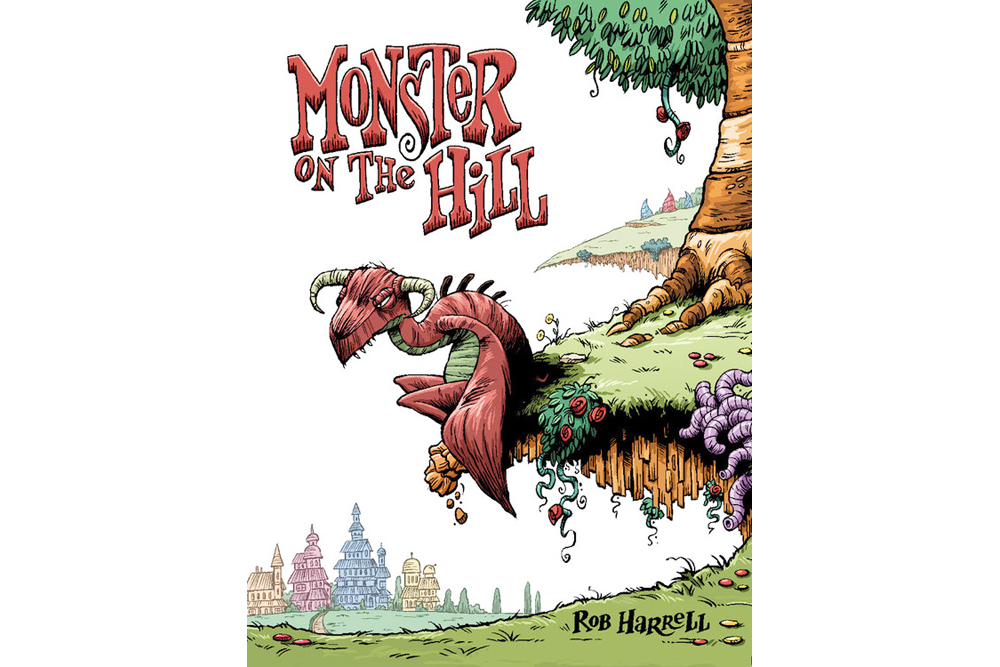When real people are hurt, NFL’s personal side is exposed
The first thought that crossed my mind when I saw Tommy Maddox, quarterback for the Pittsburgh Steelers, lying on the ground was, “Get up, man, you’re the starter on my fantasy team.”
Then reality crept in.
Maddox wasn’t getting up. Maddox wasn’t moving. Players from both teams knelt on the field, crying, praying.
This is when you realize it’s not fantasy football. It’s not video-game football. Those are real men under those helmets. They have real bones and real spinal cords and real lives and real families.
“Sometimes, I think fans have this mentality like they’re watching John Madden’s computer football,” Darryl Stingley said, the former New England Patriots receiver who has been a quadriplegic for nearly 25 years since that infamous hit in 1978, when Oakland head-hunter Jack Tatum crashed into him and severed two of his vertebrae.
“Fans want to see heads explode. But what you need to remember is that those are real heads in those uniforms, human heads,” Stingley added.
It’s easy to forget that in football, the most impersonal and incognito of all sports. Football players are little more than anonymous action figures under those helmets and behind those facemasks. They are the disenfranchised daredevils put on the field for our violent, voyeuristic viewing pleasure.
We look them more as faceless numbers than as living beings. We scan the injury report every week wondering who will play and who won’t. And we forget that behind every knee, ankle and shoulder listed in agate type is some gnarled, mangled body part.
“Football is a game ruled by pain,” Tampa Bay Bucs defensive end Simeon Rice says.
The danger of the sport escapes us until we see someone like Maddox laying face down on the turf Sunday, motionless.
Fortunately, after being carried from the field on a stretcher and transported to a nearby hospital, Maddox appears to be OK, just as Seahawks wide receiver Darrell Jackson turned out to be OK a few weeks ago.
Jackson was leveled on a helmet-to-helmet hit by Dallas safety Darren Woodson. It was one of those violent hits we all stand up and cheer for and the NFL ducks down and profits from. Officially, the league has cracked down on such violent collisions, but unofficially and hypocritically, it glorifies them in highlight videos and computer games.
In NFL Blitz 2003, the newest of the extreme arcade games, defenders can pick up Brett Favre and body slam him, drive an elbow into his chest, kick him in the groin and leg drop him across the head, all after the whistle has blown. And as your defender prances away, you can even leave Favre laying face down on the field, writhing and groaning in agony.
“It’s hard to separate make-believe from the real world anymore,” Stingley said.
After Jackson was knocked out for several minutes and suffered a concussion-related seizure in the locker room, Seattle coach Mike Holmgren said, “Darrell could have died. Now, is anything worth that?”
Think about that next time you criticize an NFL player who holds out for more money. Think about that the next time you refer to an NFL player as a “pampered professional athlete.”
We all talk big about how we’d love to get paid for doing what these guys do but, really, how many of us would have the guts to do what these guys do? Baseball, yes. Basketball, yes. But you couldn’t pay me enough to go over the middle in the NFL.
Football players are always just one play away from paydirt, from paralysis. We love watching them from our reclining chairs, never thinking how many of them could end up in wheelchairs.
As Tommy Maddox showed Sunday, football players literally put their necks on the line every week, not to mention their skulls, their vertebrae and their motor skills.
“One hit can change your life forever,” Stingley says.
That’s not fantasy football.
That’s grim reality.




